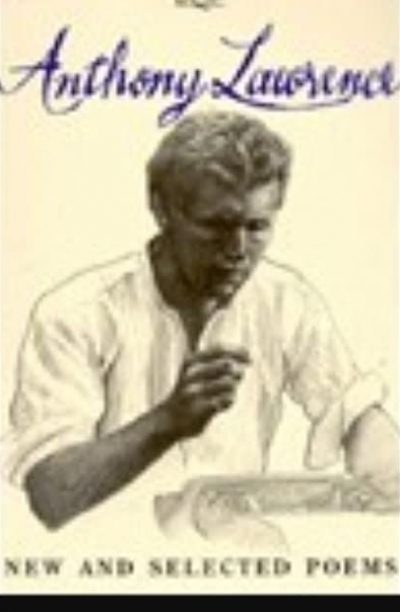John Mateer
On the last day of the Melbourne Writers’ Festival, I attended a session titled ‘Hope and Wright Remembered’, a presentation intended as a memorial for those two well-known figures of Australian poetry, A.D. Hope and Judith Wright. For a panel on poetry, it was exceptionally well attended, the Merlyn Theatre being nearly full. I had the impression that the session would be one of two things: either a commemoration ceremony for the recently departed, in which those left behind would eulogise the Great Man and the Great Woman, or it would be a chance for criticism in both its affirmative and condemnatory modes, a chance to make claims either for or against the poets’ work.
... (read more)

